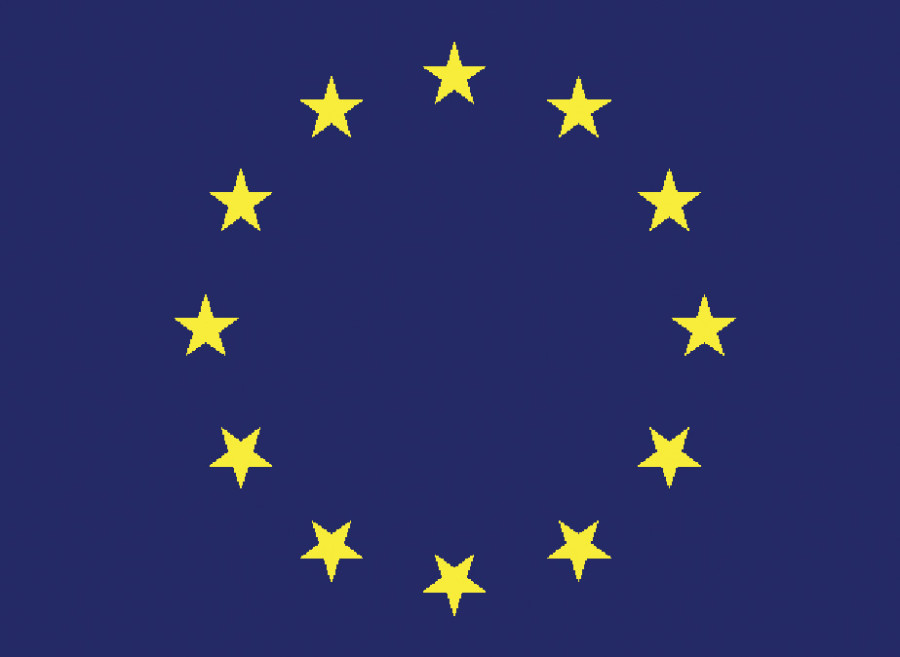Money
EU to give GSP facility to registered firms only
Nepali exporters will have to register their companies in European Union (EU) countries by the end of 2016 in order to enjoy the Generalized Scheme of Preferences (GSP) facility under which they will pay less or no duties on their exports.
Nepali exporters will have to register their companies in European Union (EU) countries by the end of 2016 in order to enjoy the Generalized Scheme of Preferences (GSP) facility under which they will pay less or no duties on their exports.
The EU will provide duty-free access only to companies registered there from January 1, 2017, said Tej Singh Bista, deputy executive director of the Trade and Export Promotion Centre.
Bista added that registered Nepali companies would not need to get the approval of the customs department to receive the facility.
The EU countries will provide their code to the registered companies. “Based on the code, the companies can declare their products themselves to receive the GSP facility,” he said.
The EU has been providing duty-free access to products imported from the least developed countries (LDCs) including Nepal since 2001. It revised the provision in 2014 and extended 100 percent duty-free facility to these countries under the ‘Everything but Arms’ scheme.
Bista said the scheme had opened the way for almost all the products exported from Nepal. However, exporters have not been able to benefit fully from the facility due to the poor quality of their products and procedural complexities, said Bista. The GSP reduces the cost of exported goods by 8-10 percent.
Currently, exporters need to produce a certificate of origin and mention the harmonised code in the products eligible for GSP. As per EU regulation, LDCs should have at least 30 percent of value addition in their products.
Traders and cargo agents lack proper knowledge about the rules of origin.
Likewise, government officials and traders have not been mentioning the proper harmonised code. “As a result, many exporters have been losing out on receiving the GSP facility,” said Bista.
Apart from the 28 EU countries, the US, Australia, Canada, New Zealand, Belarus, Japan, Russia, Norway, Switzerland, Turkey and China also provide the GSP facility to the LDCs.
Last year, China extended duty-free entry to more than 8,000 products of the LDCs, while South Korea has also started giving easy access to their products.
The rules of origin vary in different countries, Bista said. According to him, the required value addition is 35 percent in the US and 40 percent in Canada. A number of countries offering the GSP facility also consider products imported from the Saarc countries for the exemption.
The US now waives duty on 97 percent of the products imported from the LDCs. It has recently extended duty-free access to 66 garment products exported from Nepal including selected carpets, headgears, shawls, scarves and travel goods.




 9.51°C Kathmandu
9.51°C Kathmandu














